Winner Takes All: Grooving through Icon Award winner Janet Jackson’s legendary albums
A collage shows the cover artwork for nine of Janet Jackson’s 11 studio albums released between 1982 and 2015. In the top row are her albums “Control,” “Rhythm Nation 1814” and “Janet,” while the middle row features “The Velvet Rope,” “All For You” and “Damita Jo,” and the bottom row includes “20 Y.O.,” “Discipline” and “Unbreakable.” (Photos courtesy of A&M Records, Black Doll, Inc., Virgin Records America, Inc., UMG Recordings, Inc., The Island Def Jam Music Group and BMG Rights Management. Design by Lindsey Murto/Design director)
This post was updated May 28 at 8:59 p.m.
Janet Jackson may not always receive her flowers, but her musical impact knows no bounds.
After receiving the Icon Award at the American Music Awards yesterday – and with the recent resurgence in popularity of her 2001 hit “Someone To Call My Lover” – there has never been a better time to look back on the five-time Grammy winner’s supreme songbook.
In that spirit, keep reading for the Daily Bruin’s analysis of Jackson’s greatest albums.
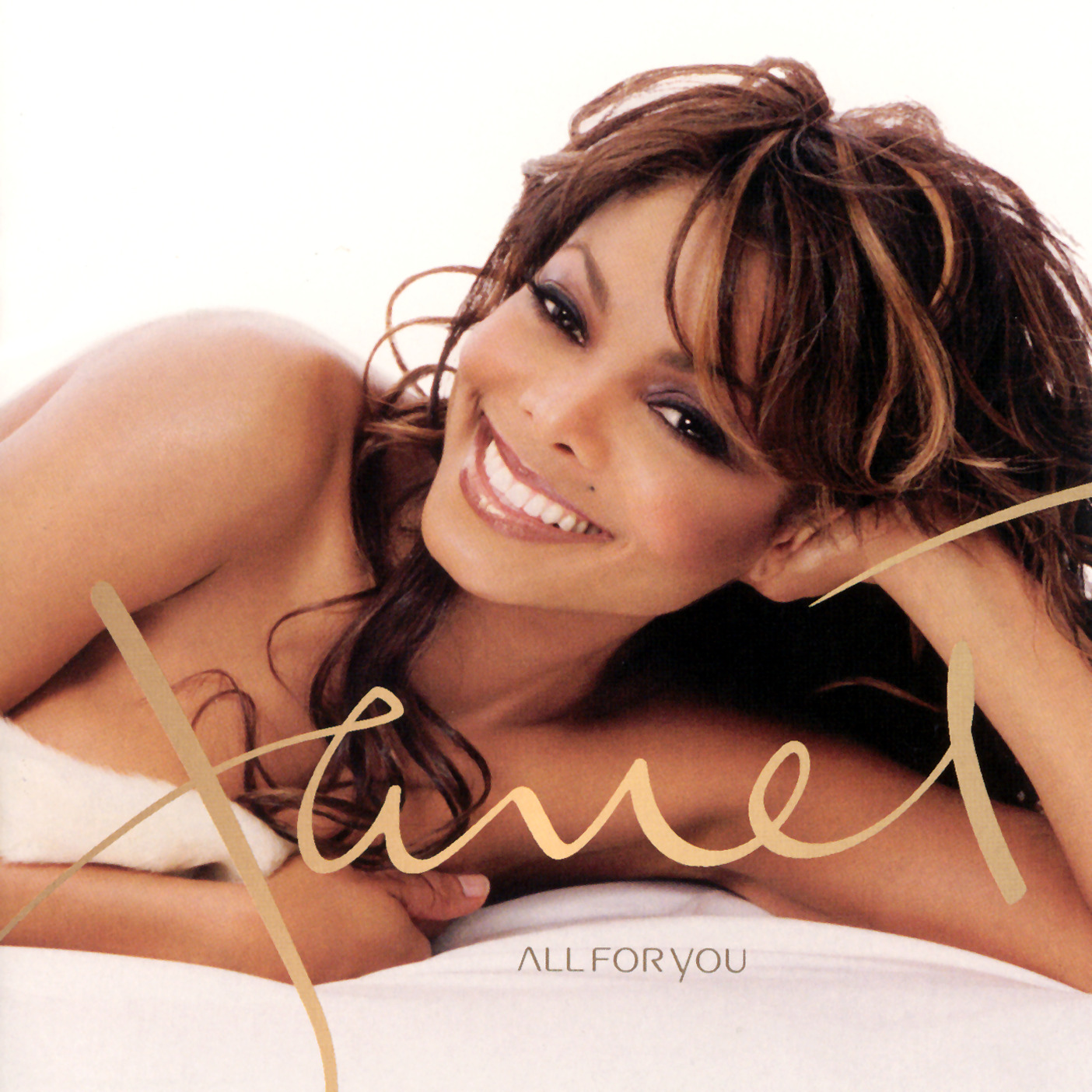
“All For You”
Jackson’s discography is nearly impeccable, but “All For You” just “Feels So Right.”
Her first release of the new millennium, Jackson’s 2001 album “All For You” marked a significant transition in the artist’s musicality. Following her provocative 1997 project “The Velvet Rope,” “All For You” embraces upbeat tunes of house and rock while returning the singer to her dance pop and funk roots. The album’s opening songs, “You Ain’t Right” and the title track, exemplify Jackson’s balance in exploring familiar themes of passion and romance while tackling matters of betrayal and deception experienced in her personal life.
The 20-track LP stands out as one of Jackson’s most memorable records through her ever-evolving eroticism. Amid her separation from her husband, the newly single entertainer does not shy away from her rampant sexual desire, best detailed when her explicit descriptions of sexual acts are coupled with orgasmic sounds in the notable ninth track, “Would You Mind.” Jackson’s hope for romantic love continues on “Someone To Call My Lover,” which samples America’s “Ventura Highway” but notes an adjusted approach after experiencing unreciprocated love.
The excellence of “All For You” also shines in Jackson’s musical fusions to sift through all her emotions like in the electric track “Trust A Try” and hip-hop song “Son Of A Gun (I Betcha Think This Song Is About You).” Both songs relay her anger at a former partner for their lies and cheating. The singer takes a reflective turn in the R&B ballad “Truth,” directly addressing the end of her relationship with her ex-husband before closing the album with the optimistic deep cut “Better Days.”
Sealing Jackson in pop history with cheery tunes and hard-hitting taunts, it “Doesn’t Really Matter” what others think – “All For You” is among the artist’s best work.
– Aisosa Onaghise
[Related: Winner Takes All: Exploring Kendrick Lamar’s albums, determining his finest artistic achievements]
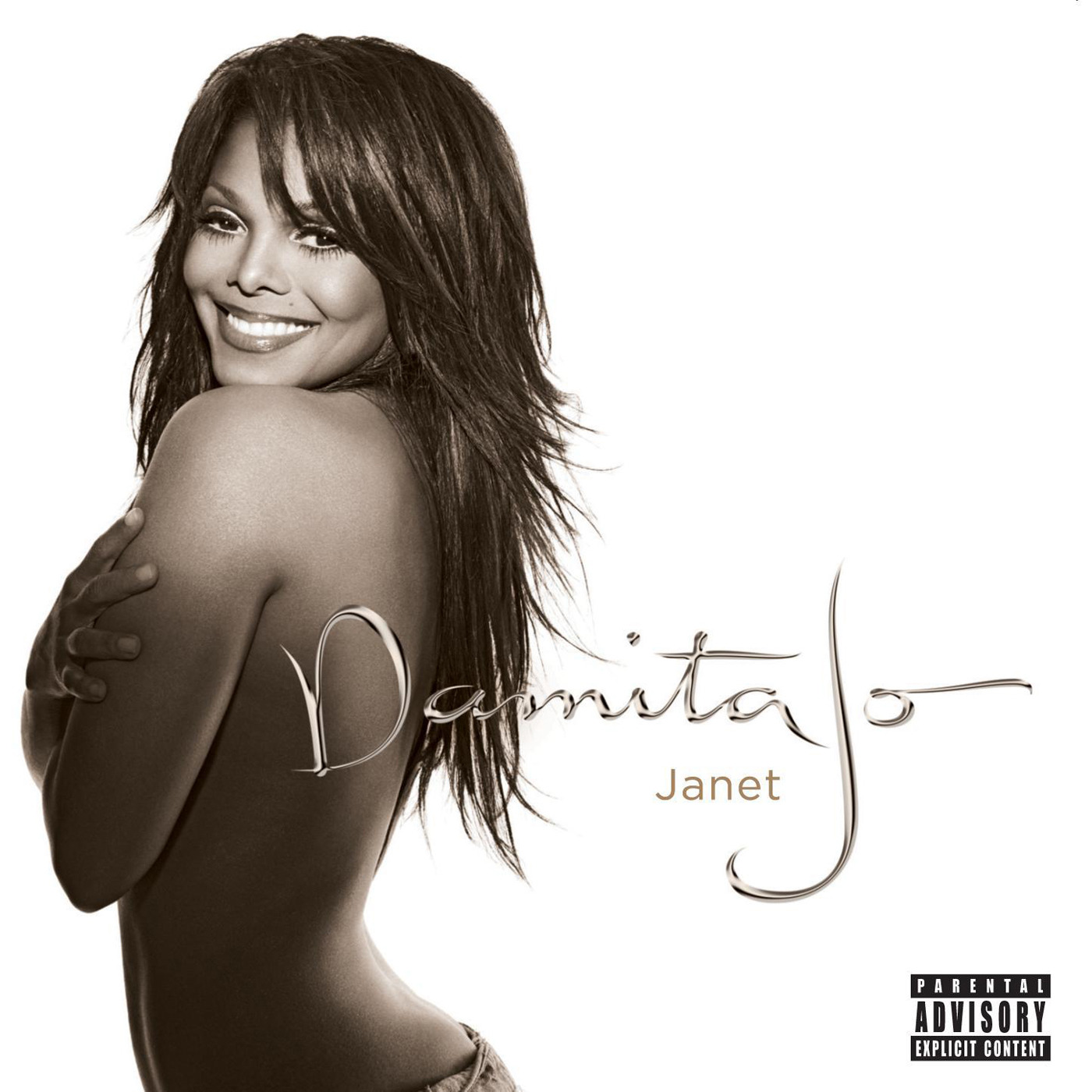
“Damita Jo”
On one of her most underrated LPs, Jackson showed a different side of herself.
The singer-songwriter’s 2004 album “Damita Jo” is named in reference to her double middle name and continues the lustful themes of her previous work with a fresh, contemporary R&B sound. Although attention on the album was largely derailed by the vitriolic, misogynistic backlash Jackson faced in the wake of her wardrobe malfunction at the 2004 Super Bowl halftime show the month prior, true Jackson fans know “Damita Jo” contains some of her smoothest jams.
The opening run of the title track into “Sexhibition” into “Strawberry Bounce” illustrates how “Damita Jo” is packed with the dance-floor-ready ditties Jackson excels at. Other upbeat numbers – such as the blissfully funky scorcher “All Nite (Don’t Stop)” and the euphonious retro groove of “R&B Junkie” – are irresistibly fun and deserve to be smash hits. A true hidden gem arrives with “Island Life,” a beatific tune where Jackson transports listeners to sonic Eden with croons for “Island life, sunshine and paradise / All night, I wanna give it to you.”
The album’s hedonism deepens into romance on slightly slower but still groovy tracks such as standout single “I Want You.” Likewise, one of the album’s finest offerings is the sinfully playful deep cut, “Like You Don’t Love Me,” which features some of the raunchiest lyrics of Jackson’s career as she coos, “Come on and drive me crazy / Act like I’m not your lady / Do me like you wanna do them other girls.” Through moments like this sprinkled across the album, Jackson’s gleeful mischief creates consistently ecstatic songs.
If given a fair chance for “Just A Little While,” it is easy to find that “Damita Jo” is “Truly” a great album.
– Reid Sperisen
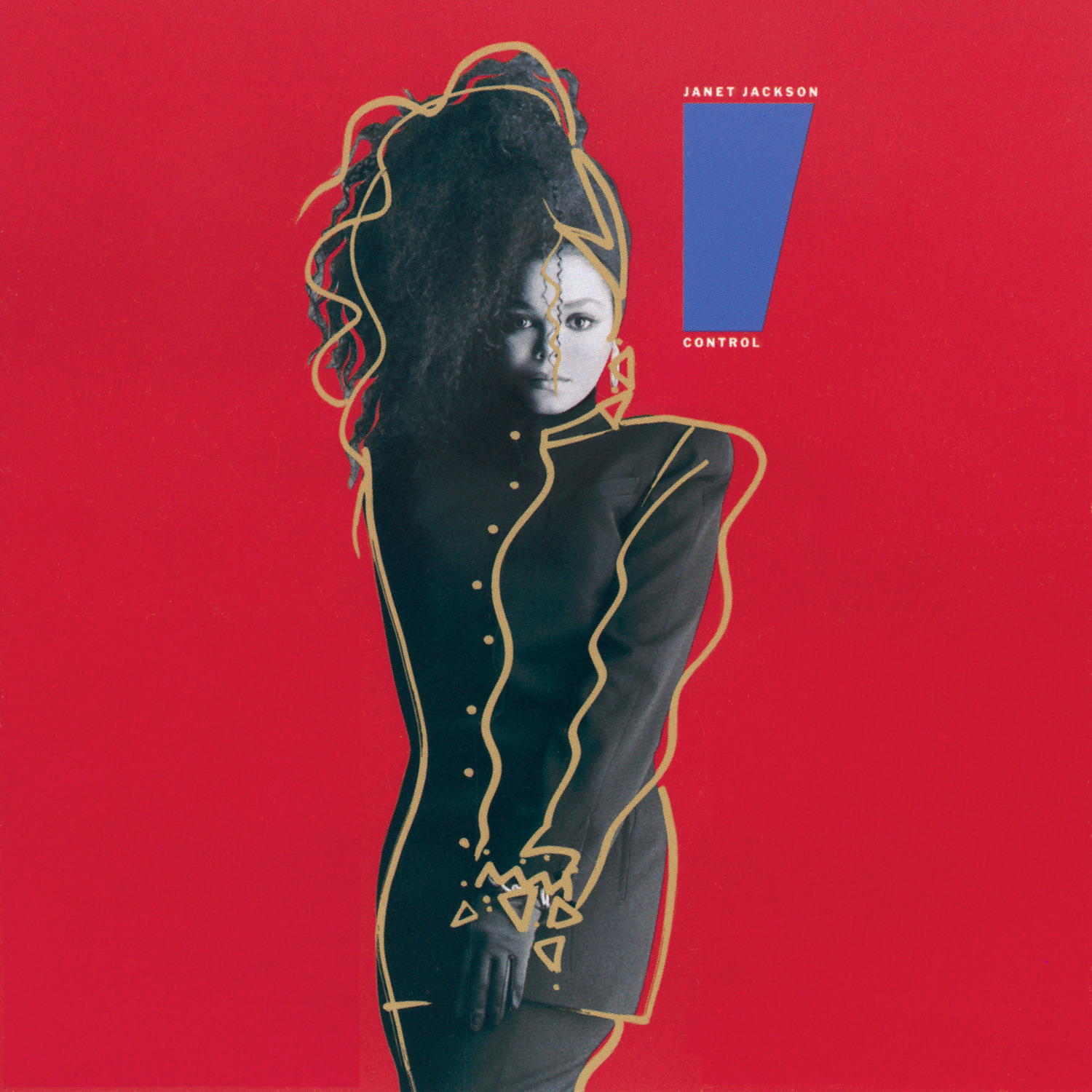
“Control”
“It’s all about control,” and Jackson knows exactly how to use it.
Jackson’s 1986 breakthrough album “Control” propelled her to music consciousness and stardom for good reason. Spawned after firing her father as her manager and annulling her marriage to James DeBarge, Jackson’s potent nine-track LP is a staunch declaration of control over her own life and expression of independence. The album’s fusion of funk, disco and beginnings of New Jack Swing from producers Jimmy Jam and Terry Lewis ushered in a fresh sound to the 1980s and successfully cemented Jackson as her own artist outside of her family.
The thematic narrative of control is affirmed in the dominance of the album’s seven singles – five of which charted in the top five on the Billboard Hot 100, making Jackson the first female artist to achieve the feat from one album. Jackson exercises her newfound autonomy throughout “Control,” expressing dissatisfaction in relationships that no longer serve her in the dance-pop singles “What Have You Done For Me Lately” and “The Pleasure Principle.” Her grit and independence are further displayed in her iconic funk and percussion-driven single “Nasty,” where she commands respect from street harassers through career-defining lyrics, “No, my first name ain’t baby / It’s Janet, Miss Jackson if you’re nasty.”
Among Jackson’s calls for respect in “Control” is space for fun and romance. “When I Think Of You” – the singer’s first No. 1 hit – expresses her deep infatuation with her lover. Jackson’s only non-singles of the record – “You Can Be Mine” and “He Doesn’t Know I’m Alive” – also represent her free romantic expression and demonstrate her pop perseverance amid her growing R&B and funk staple.
Unapologetic in its authority and innovative in its novel production, there is no question of which project is in control of Jackson’s discography.
– Aisosa Onaghise
[Related: Winner Takes All: Dissecting Beyoncé’s discography to determine her greatest album]
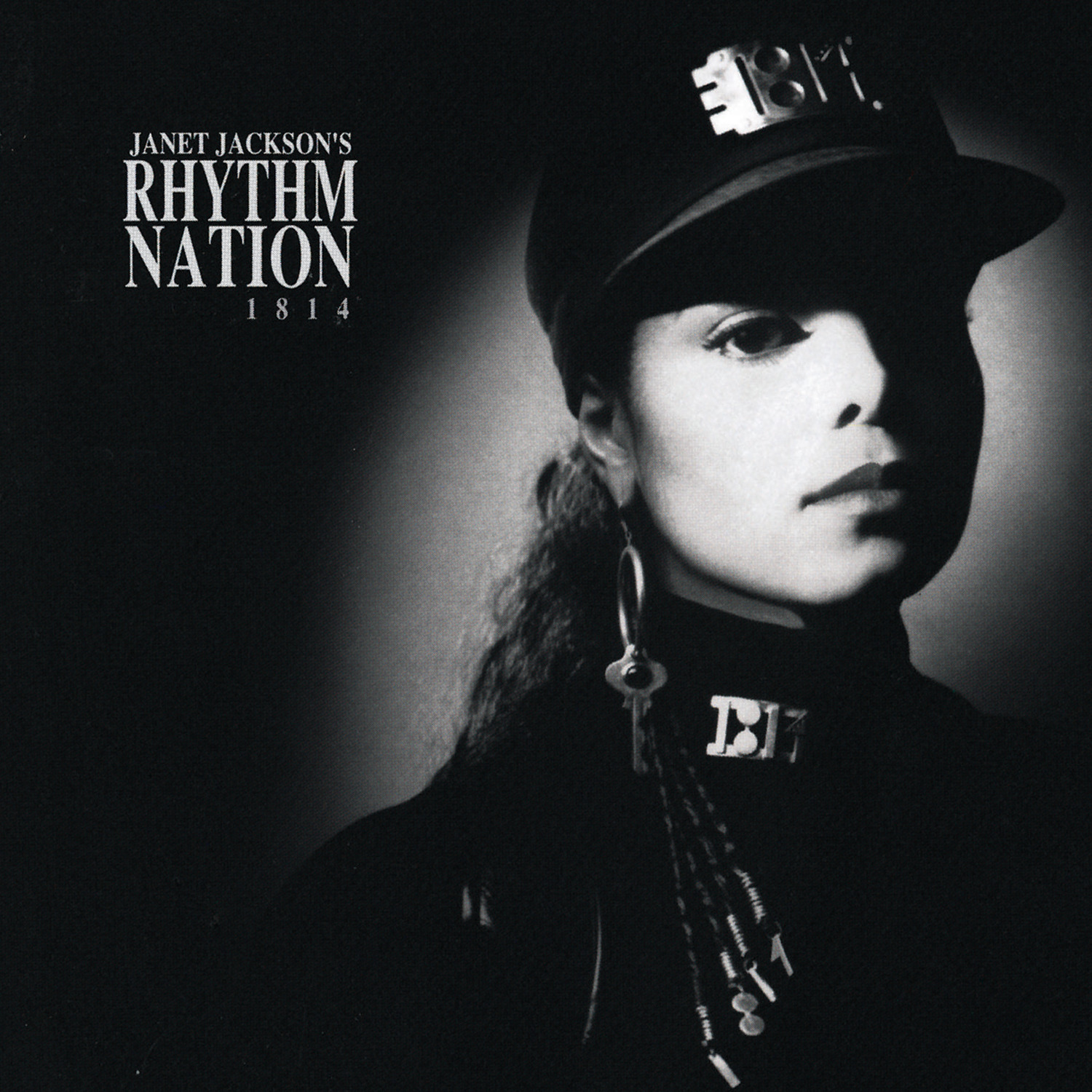
“Rhythm Nation 1814”
With “Rhythm Nation 1814,” Jackson found a once-in-a-lifetime groove.
The singer-songwriter’s fourth LP arrived in 1989 and continued to dominate popular culture well into 1991, when its record seventh top-five single “Love Will Never Do (Without You)” topped the Billboard Hot 100. Even with eight interludes among its 20 tracks, “Rhythm Nation 1814” is a hit-packed listen. The project represents one of mainstream music’s most statement-making, boundary-breaking blockbuster LPs thanks to its lyrical honesty and expansion of Jackson’s feminist power.
Beyond its immense commercial success, one of the crucial strengths of “Rhythm Nation 1814” is the powerful social commentary and political messaging woven throughout the track list’s pop and New Jack Swing tunes. The title track remains one of Jackson’s most important songs, delivering lyrics such as, “With music by our side to break the color lines / Let’s work together to improve our way of life.” Without losing any sense of rhythm, equally catchy songs such as “State Of The World” and “The Knowledge” explore complex concepts by fusing together observations about topics ranging from crime to drug abuse to homelessness.
In addition to songs with such charged themes, some of the No. 1 hits on “Rhythm Nation 1814” represent Jackson’s romantic harmonies at their most euphoric. Lead single “Miss You Much” perfectly captures the giddiness and infatuation of a passionate relationship with bubbly lyrics such as, “I’m rushing home to see / Your smiling face / And feel your warm embrace.” Likewise, the delightful “Escapade” whisks listeners off on a jovial weekend getaway, simply but effectively exemplifying Jackson’s ability to construct an effervescent pop hook for the ages.
Even if “Rhythm Nation 1814” did not heal all of the world’s problems, its unifying message and enduring music have always been “Alright” and then some.
– Reid Sperisen
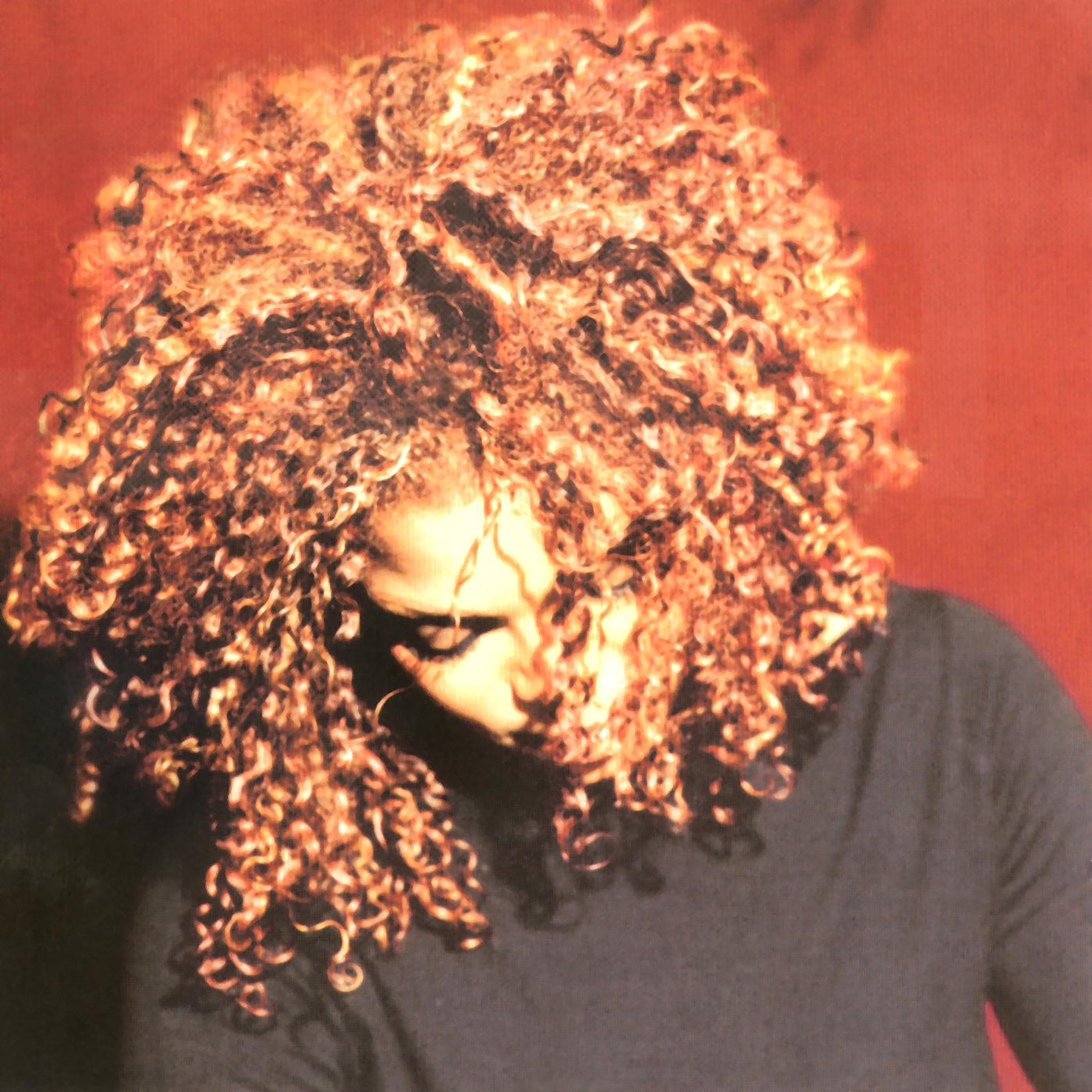
“The Velvet Rope”
Writers’ consensus
Velvet-smooth yet razor-sharp, “The Velvet Rope” is Jackson’s most emotionally raw and culturally radical album – her true masterpiece.
Released in 1997, “The Velvet Rope” arrived at a personal low point for Jackson, but it plays like a high-water mark for pop as a confessional form. Drawing on trip-hop, electronic music and funk, Jackson constructs a lush sonic world where desire, depression and healing collide. She opens with a whispered thesis on “Velvet Rope” – “We have a special need / To feel that we belong” – and spends the 75-minute runtime unpacking what happens when that need goes unmet. On “Empty,” she captures a sense of intangible longing, singing, “How could it be that you knew me? / My deepest fears, my fantasies.” Even the top-three single “I Get Lonely” lets the melancholy spill over its smooth beat as she sings, “I get so lonely, can’t let just anybody hold me.”
What elevates “The Velvet Rope” to be Jackson’s magnum opus is its unapologetic embrace of taboo. The album is a landmark in LGBTQ+ pop history, not just for its sonic experimentation but for its open queerness and sex positivity. “Free Xone” stands out as a bold and early example of mainstream funk protesting against LGBTQ+ discrimination as Jackson sings, “One rule, no rules / One love, free zone.” Elsewhere, the erotic spoken-word slow jam “Rope Burn” flips the script on female desire and agency as Jackson reclaims control.
Critically lauded, “The Velvet Rope” won the 1998 GLAAD Media Award for Outstanding Music and has since been recognized as a key influence on R&B artists ranging from Beyoncé to Frank Ocean, serving as a template for artists transitioning from commercial icons to emotionally complex storytellers. Thus, if “Control” was Janet declaring independence and “Rhythm Nation 1814” her activist era, then “The Velvet Rope” was her soul laid bare – lush, genre-bending and intimately human. Rolling Stone would later place the LP on its list of the 500 Greatest Albums Of All Time and with good reason.
With “The Velvet Rope,” Jackson stretched pop’s limits, knotting pain, pleasure and protest into one tight thread.
– Patton Liu
